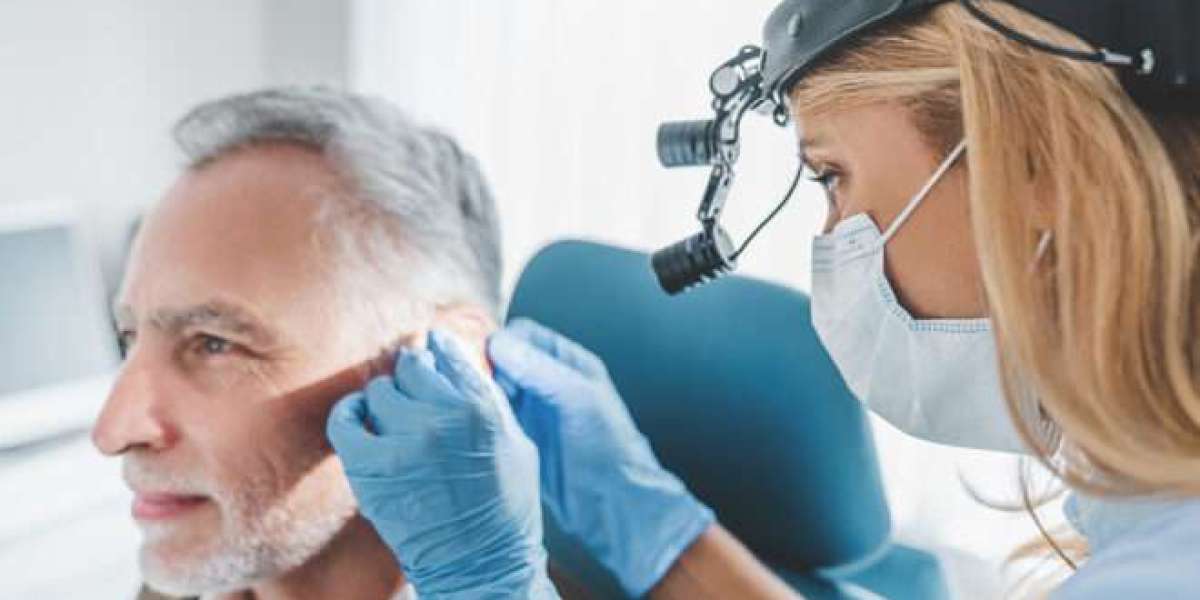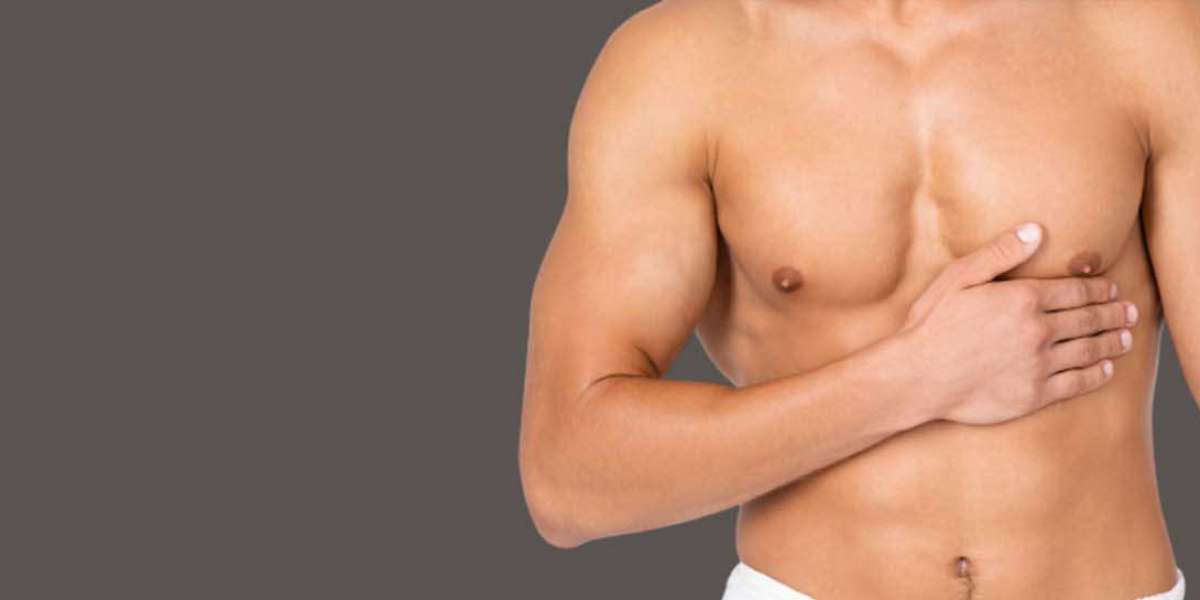Ear wax, or cerumen, is a natural substance produced by the ear canal to protect and lubricate the ears. However, excessive ear wax buildup can lead to discomfort, hearing loss, and even infections. Understanding the safest and most effective methods for ear wax removal is crucial for maintaining ear health. In this article, we will explore the top five methods for ear wax removal that are both safe and effective.
1. Ear Drops: A Gentle Solution
Ear drops are a widely recommended solution for ear wax removal due to their simplicity and effectiveness. They work by softening the ear wax, making it easier for the wax to naturally migrate out of the ear canal.
Types of Ear Drops
Several types of ear drops are available over-the-counter, including:
- Carbamide Peroxide: Commonly used to soften and break down ear wax.
- Hydrogen Peroxide: A mild antiseptic that can help to loosen ear wax.
- Olive Oil or Almond Oil: Natural oils that can also soften the wax and help it to be expelled.
How to Use Ear Drops
- Lie Down or Tilt Your Head: Position your head so that the affected ear is facing up.
- Administer Drops: Place the recommended number of drops into the ear canal.
- Wait and Drain: Keep your head tilted for a few minutes to allow the drops to penetrate the wax, then tilt your head to let any excess liquid drain out.
- Gently Clean the Outer Ear: Use a soft cloth to clean any residual ear wax from the outer ear.
Precautions
- Avoid using ear drops if you have an ear infection or a perforated eardrum.
- Consult a healthcare provider if you experience pain or discomfort after using ear drops.
2. Irrigation: A Safe Method for Ear Wax Removal
Irrigation involves flushing out the ear canal with water or a saline solution for ear wax removal. This method is effective for dislodging and clearing out accumulated wax.
How to Perform Ear Irrigation
- Prepare the Solution: Use a commercially available ear irrigation kit or make a saline solution at home.
- Position the Head: Tilt your head over a sink or basin.
- Use an Irrigation Tool: Gently insert the irrigation tool into the ear canal and squirt the solution. Ensure that the solution is at body temperature to avoid dizziness.
- Drain the Ear: Allow the solution and ear wax to drain out of the ear canal.
- Dry the Ear: Use a clean towel to gently dry the outer ear.
Precautions
- Avoid irrigation if you have a history of ear infections or ear surgery.
- Be gentle to prevent damage to the ear canal or eardrum.
3. Manual Removal by a Healthcare Professional
For individuals with significant ear wax buildup, professional manual removal may be the most effective approach. This method involves a healthcare provider using specialized tools to safely extract the ear wax.
Techniques Used by Professionals
- Ear Curette: A small, spoon-shaped tool that scoops out the wax.
- Suction: A gentle vacuum that removes ear wax without direct contact.
- Microscopy: Allows for a detailed view of the ear canal to ensure precise removal.
Benefits of Professional Removal
- Safety: Healthcare providers can avoid damaging the ear canal or eardrum.
- Efficiency: Professionals can remove stubborn or impacted wax that home methods may not effectively address.
Precautions
- Ensure that the provider is licensed and experienced in ear care.
- Follow up with your provider if you experience any discomfort or hearing issues after the procedure.
4. Ear Wax Removal Kits: Convenient and Effective
Ear wax removal kits are available over-the-counter and offer a convenient solution for individuals looking to manage ear wax at home. These kits typically include tools and instructions for safe use.
Components of a Typical Kit
- Ear Drops: To soften the ear wax.
- Syringe or Bulb: For irrigation purposes.
- Manual Removal Tools: Such as ear spoons or curettes.
How to Use an Ear Wax Removal Kit
- Follow Instructions: Carefully read and follow the instructions provided with the kit.
- Apply Ear Drops: Use the drops to soften the ear wax.
- Irrigate or Use Tools: Depending on the kit’s components, use the syringe for irrigation or carefully use the manual tools to remove the wax.
- Clean and Dry: Gently clean the outer ear and dry it thoroughly.
Precautions
- Avoid overuse of the kit to prevent irritation.
- Consult a healthcare provider if you have concerns about using the kit or if you experience discomfort.
5. Natural Remedies: Gentle and Safe
Natural remedies can be an effective and gentle alternative for ear wax removal. These methods are often used by individuals seeking a holistic approach to ear care.
Popular Natural Remedies
- Warm Olive Oil: A few drops of warm olive oil can help to soften the ear wax.
- Garlic Oil: Known for its antibacterial properties, garlic oil can also aid in ear wax removal.
- Apple Cider Vinegar and Water: A diluted solution can help to dissolve ear wax and prevent infections.
How to Use Natural Remedies
- Prepare the Remedy: Heat the oil slightly (if using) or dilute vinegar.
- Apply Drops: Use a dropper to place a few drops into the ear canal.
- Allow to Sit: Keep the head tilted to let the remedy work.
- Drain and Clean: Tilt the head to allow the solution to drain and clean the outer ear gently.
Precautions
- Use natural remedies with caution to avoid irritation.
- Consult with a healthcare provider if you have any ear conditions or experience adverse effects.







